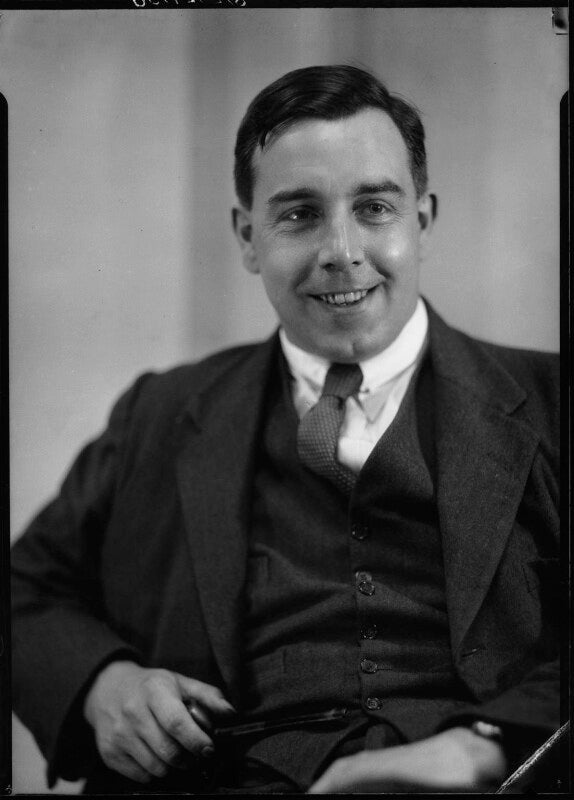

“An Inspector Calls” by J.B. Priestley is a play set in 1912, focusing on the wealthy Birling family. They are celebrating the engagement of their daughter, Sheila, to Gerald Croft when they are interrupted by the unexpected arrival of Inspector Goole. He informs them that a young woman named Eva Smith has committed suicide.
As the Inspector questions each family member, it is revealed that they all played a part in Eva’s downfall:
The Inspector’s visit forces the family to confront their actions and their impact on others. After he leaves, they discover that Inspector Goole might not be a real inspector and that no recent suicides have been reported. Just as they begin to relax, a phone call informs them that a girl has just died in the same manner, and the real inspector is on the way to question them.
Summeriserd by CoPilot, sourced from SparkNotes

John Boynton Priestley was born on September 13, 1894, in Bradford, Yorkshire. His early life was marked by the cultural richness of Bradford, which influenced much of his later work. After serving in World War I, where he was seriously injured, Priestley attended Cambridge University and then moved to London to pursue a writing career.
Priestley gained fame with his novel “The Good Companions” in 1929, followed by “Angel Pavement” in 1930. He became a renowned playwright in the 1930s, with notable works including “Dangerous Corner” and “An Inspector Calls”. His writing often explored themes of time and social responsibility.
During World War II, Priestley became a prominent broadcaster with his “Postscripts” radio talks, which boosted public morale. He was also a vocal advocate for social change and nuclear disarmament, contributing to the founding of the Campaign for Nuclear Disarmament (CND).
Priestley continued to write prolifically until his death in 1984, leaving behind a legacy of over 150 published works, including novels, plays, essays, and social commentaries.
Summerised by CoPilot, sourced from JB Priestley Society